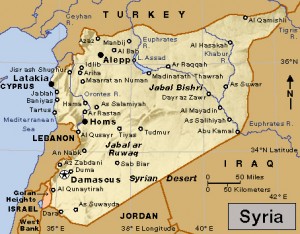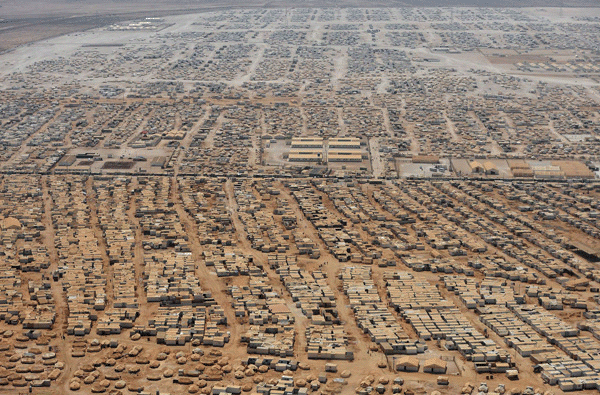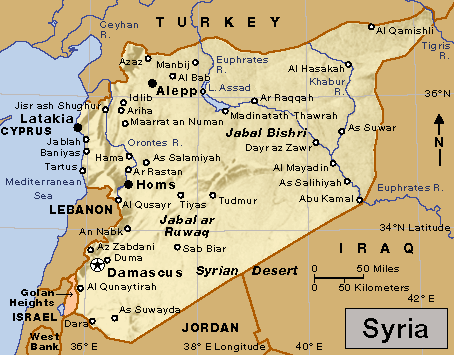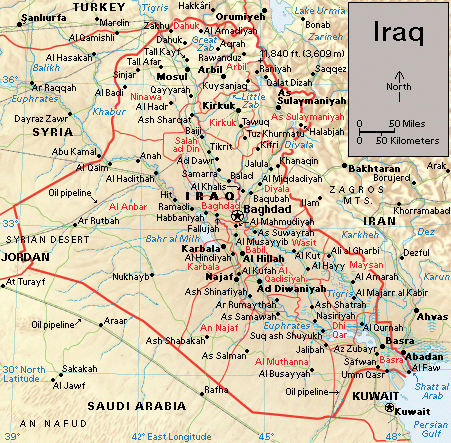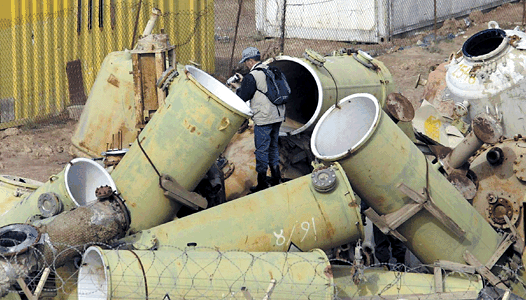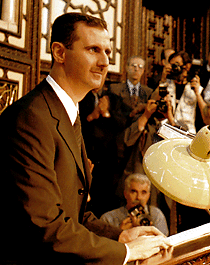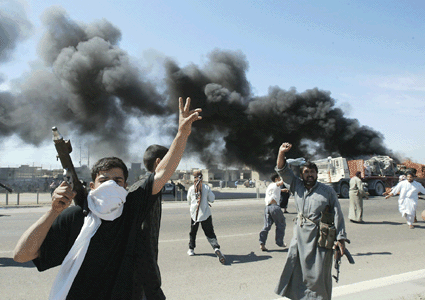Cease-fire in Syria
Tuesday, March 1st, 2016March 1, 2016
On Saturday, February 27, the main warring factions in Syria began observing a cease-fire. A cease-fire does not mean peace or that the fighting is over. It simply means the main warring sides agreed to restrain their forces and stop shooting each other for a few days. Diplomats from the United States, Russia, and other countries helped arrange the cease-fire through the United Nations the week before. The cease-fire is meant to allow humanitarian aid to reach people trapped by the fighting. It is also a prelude to official peace talks, which would begin March 9 should the cease-fire hold to each side’s satisfaction. The cease-fire applies to Syrian government troops and their allies and the main rebel groups fighting against them. The deal does not include campaigns against such terrorist groups as the Islamic State and the al-Nusra Front, the Syrian branch of al-Qa`ida.
A number of violations have been reported in areas covered by the cease-fire, but, for the most part, the warring sides are honoring the agreement. Aid convoys have crossed enemy lines, and guns have fallen silent in many areas. Most fighting seems to have been reduced to areas contested by terrorist groups. Such areas are often poorly defined, however, as is the distinction between some rebel and terror groups. Work on ending the 5-year-old war has begun, but there is a long way to go.

